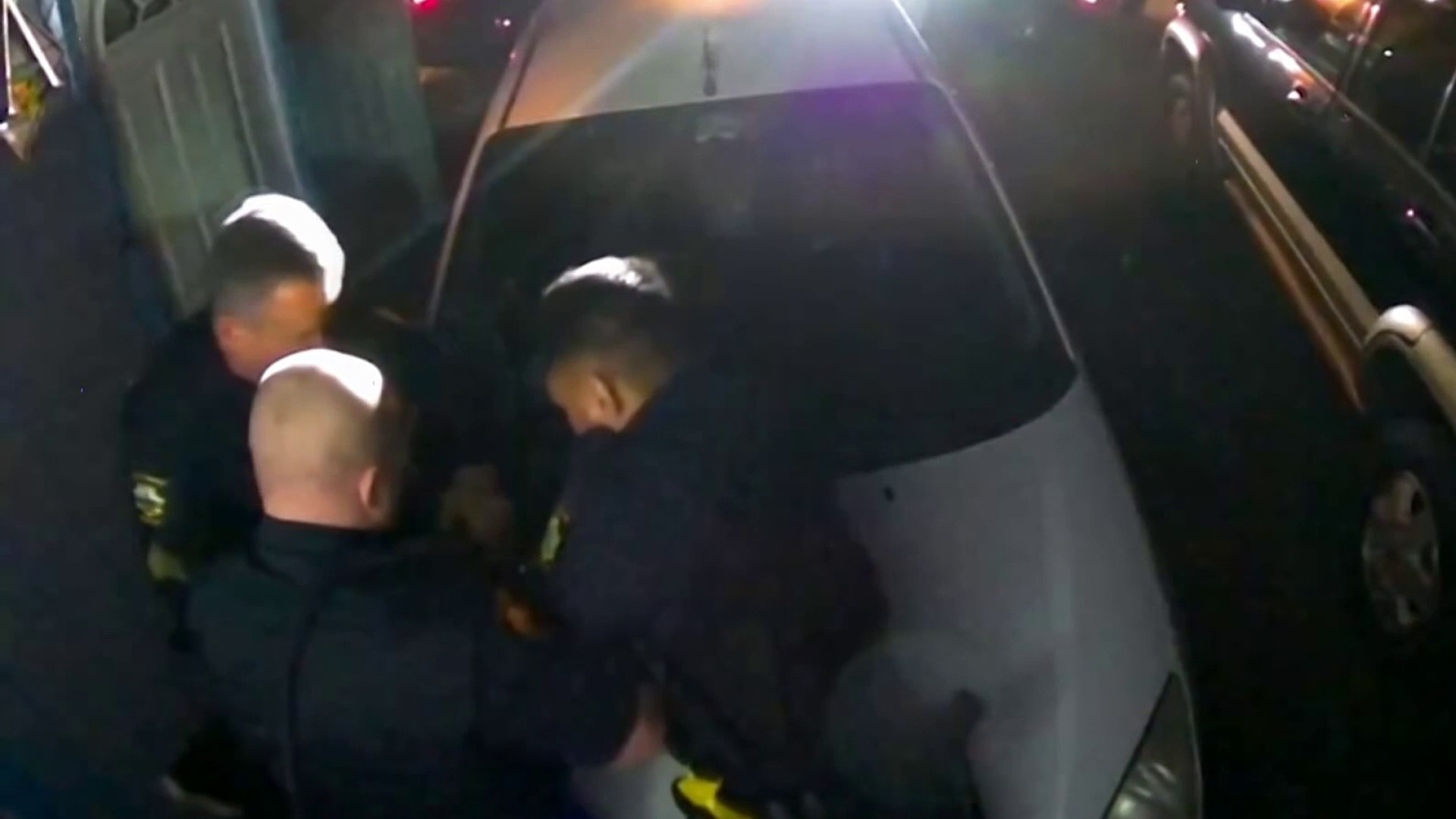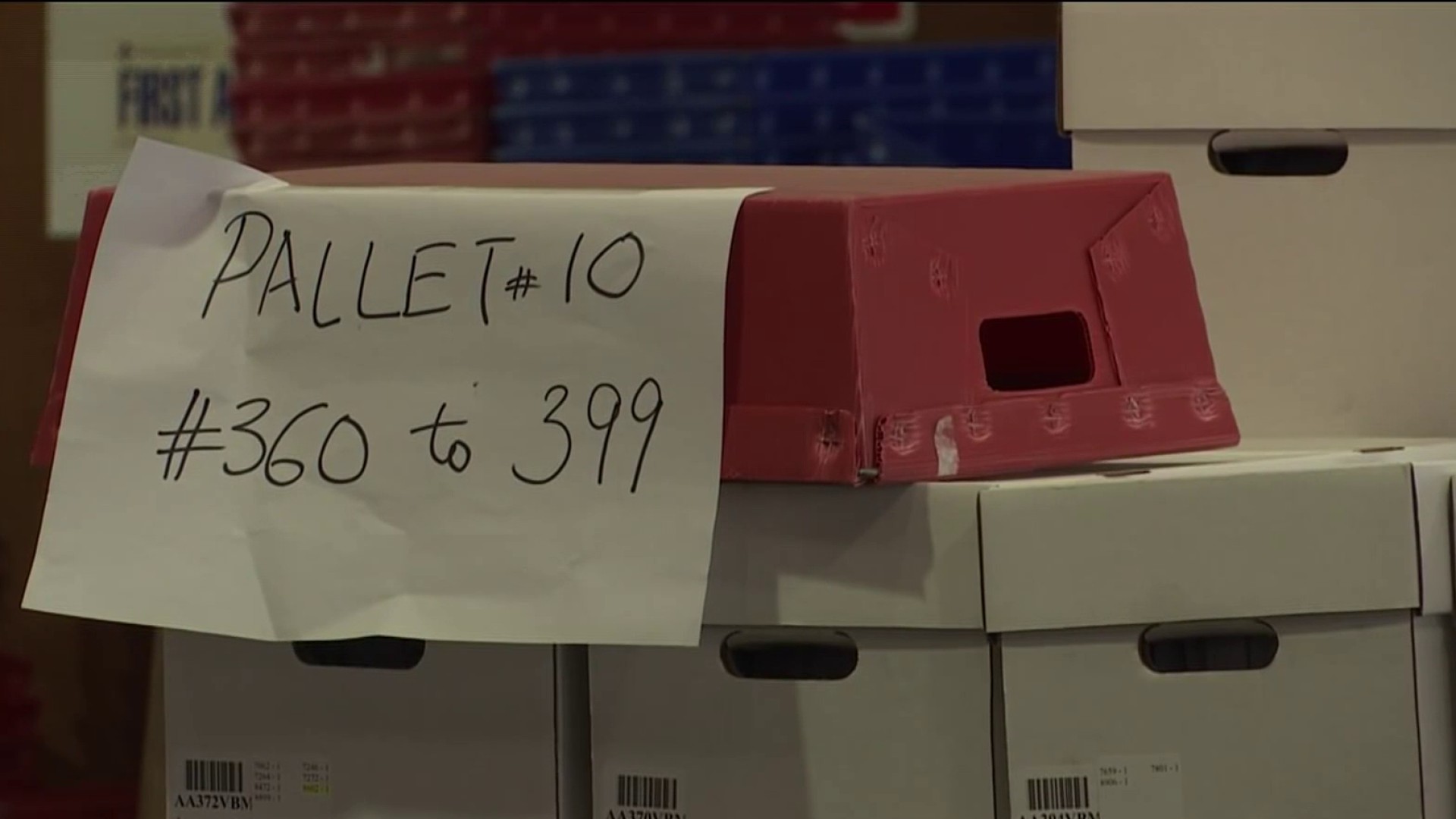The University of California released a highly anticipated report on the infamous pepper spraying of student demonstrators by UC Davis police last fall.
The 200 page document concluded that the incident "should and could have been prevented." Those words appear in the first paragraph of the lengthy document.
The report also said that the use of the pepper spray "does not appear to have been an objectively reasonable use of force."
Read report here (pdf).
UC President Mark Yudof said the report made clear something he has known from the start: that Nov. 18 was a bad day for the entire UC system.
"I want to reiterate what I stated at the outset of this arduous but necessary process: Free speech, including nonviolent protest, is part of the DNA of this university, and it must be protected with vigilance. I implore students who wish to demonstrate to do so in a peaceful fashion, and I expect campus authorities to honor that right," Yoduf said in a statement.
The report was posted a day after an Alameda County judge approved its release -- minus the names of most officers involved in the Nov. 18 clash.
The task force that wrote the report originally planned to release it on March 6. But the UC Davis police officers' union sued to keep the document under wraps, saying that naming officers would violate their privacy and subject them to harassment.
The report is expected to shed some light on the events that led campus police officers to coat protesters with pepper spray as the group of about 20 sat huddled in a line.
Local
Two protesters were taken to the hospital. They were among 11 protesters treated for the effects of pepper spray.
The task force was created to investigate the incident, which made national headlines after online videos of the confrontation went viral.
In addition to the noon release of the report at www.ucdavis.edu, the task force will host a public meeting on the UC Davis campus at 3:30 this afternoon to describe their findings and recommendations.



